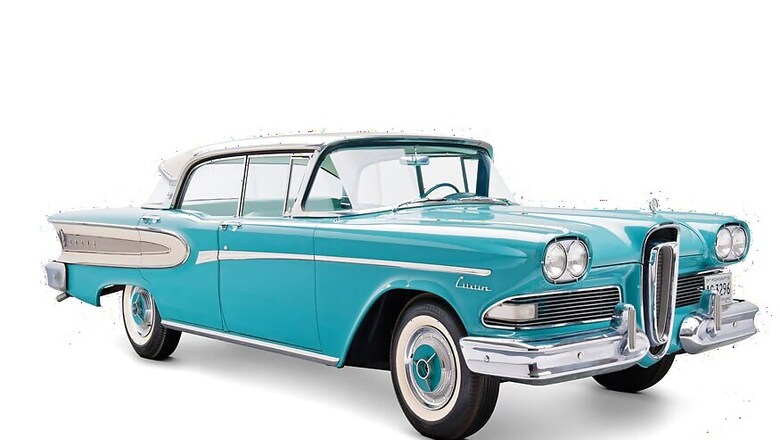
views
This weekend marks the 57th anniversary of Ford pulling the plug on the Edsel, a car brand that flopped so badly that its name has become a synonym for commercial failure. But while Ford may own the rights to the name Edsel, no end of carmakers have built 'Edsels' of their own since that fateful day in 1959.
On November 19, 1959, Ford lost $250 million. That's how much it cost to abandon the Edsel marque. Hyped as the car of the future ahead of its launch on September 4, 1957 and backed by one of the biggest marketing campaigns in automotive history, the Edsel failed spectacularly to live up to its billing.
Ford sold 116,000 Edsels and residual values were so bad owners were given $400 coupons to help them trade up to a new car.
The failure was huge yet, as the following list shows, carmakers didn't necessarily learn the lesson.
Facel Vega Facellia (1960-1964)
Facel was a glamourous French GT carmaker and its flagship, the Hemi V8-powered Vega, was out of reach to all but the super rich. So it decided to build a beautiful compact car with a smaller, cheaper powerplant. But then the company made a fatal error -- it decided to build the engine locally. The resulting powerplant had a habit of shattering. Facel went under in 1964.
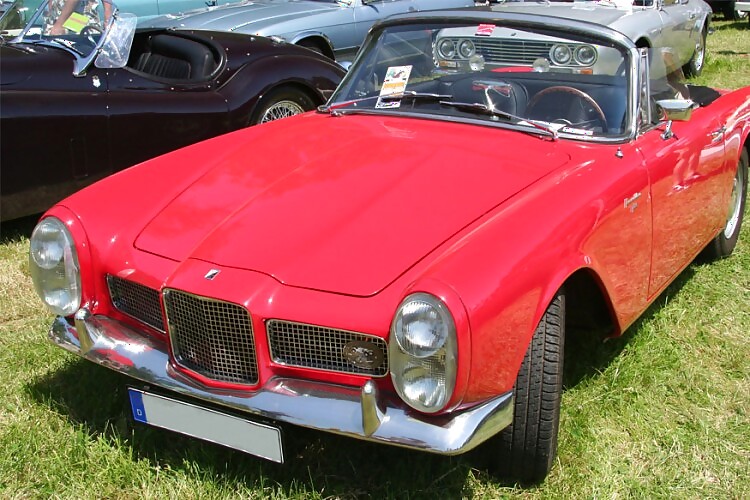
Bricklin SV-1 (1974-1976)
A safety sportscar sounds like an automotive oxymoron but in 1974 it sounded like a good idea to the government of the Canadian province of New Brunswick, which subsidized the bizarre car's development. It had giant bumpers front and rear, a steel safety cage and temperamental gullwing doors. Its one saving grace was a V8 engine. However, it never worked because the car had no front air vents. The engine couldn't breathe.
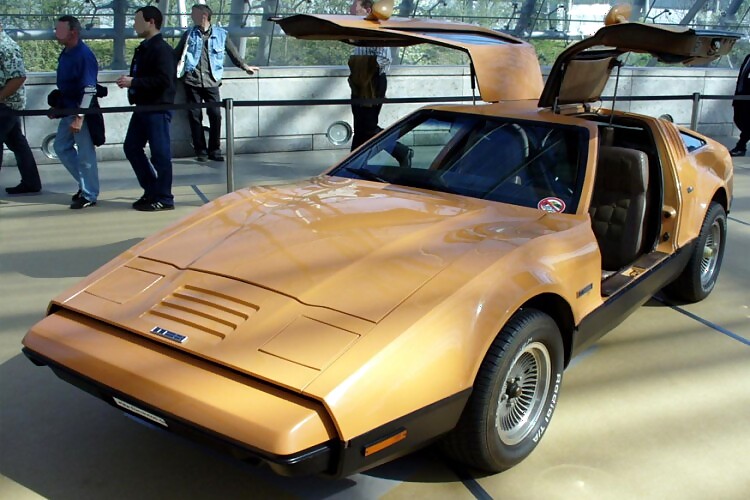
DeLorean DMC-12 (1981-1983)
Go beyond the stainless steel exterior and gullwing doors, and you'll find a car built from donor parts. The engine was from Renault, the brakes from Ford. Early cars had reliability issues and by the time they were sorted, the company was in debt, the world in recession and the company's founder had been arrested on drug charges.
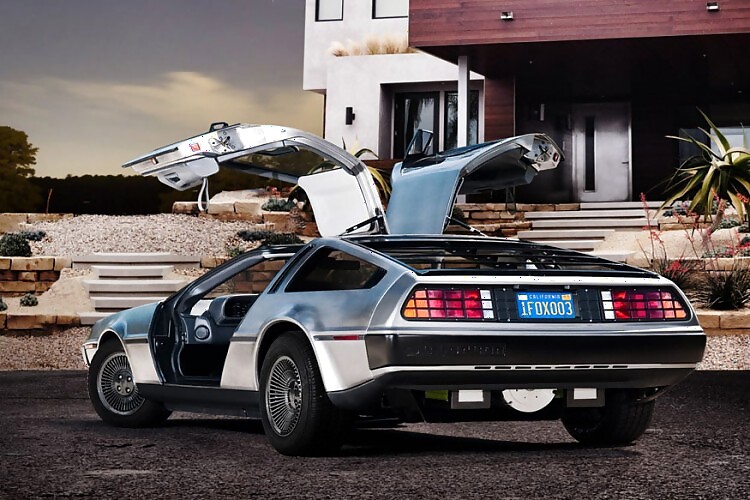
Alfa Romeo Arna (1983-1987)
This partnership should have been a recipe for success but the finished car, a collaboration between flamboyant, exciting Alfa Romeo and phenomenally reliable and solid Nissan was completely unpalatable. Instead of Nissan building a car based on an Alfa Romeo design, Alfa Romeo built a car based on a Nissan design -- the worst of both worlds.
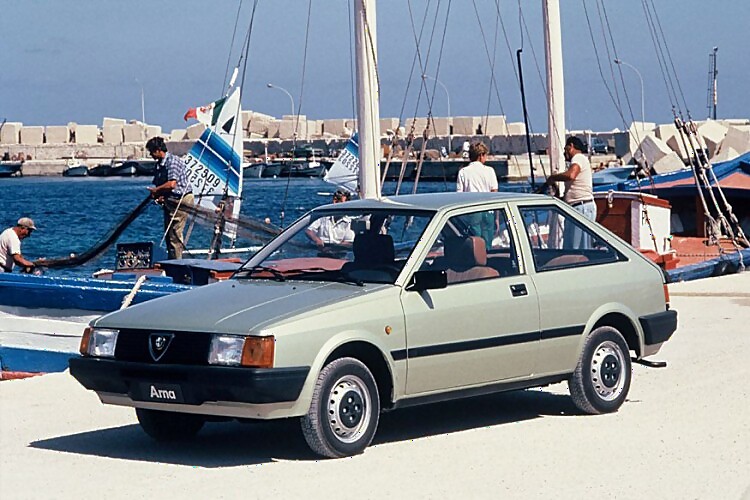
ARONA Sterling (1987-1991)
Built on a Honda (Acura) Legend platform for ultimate reliability but with a cabin that oozed the walnut veneers and leather associated with the best of British craftsmanship, the Sterling actually sold well initially. However, it didn't take long for things to go wrong. That Honda chassis was connected to the body and engine by Rover -- a British company with a terrible reputation for reliability and quality.
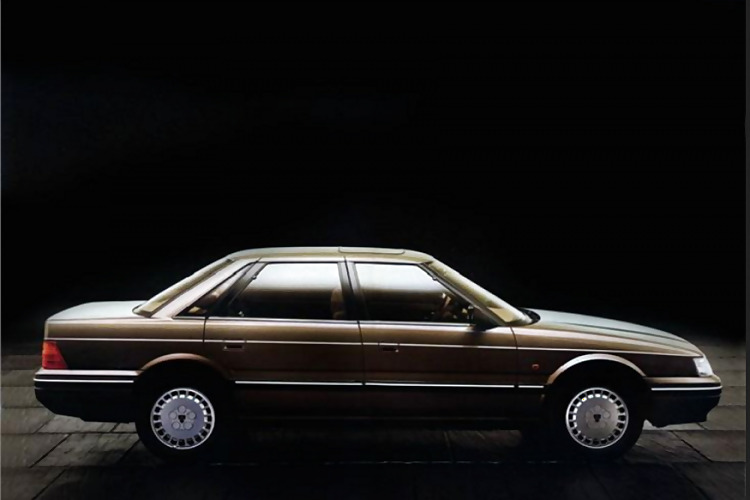
Pontiac Aztek (2001-2005)
If a camel is a horse designed by committee, all the Aztek is missing is two large humps on its roof. Hailed as the car that could save GM when it launched, it ended up killing the Pontiac brand altogether.
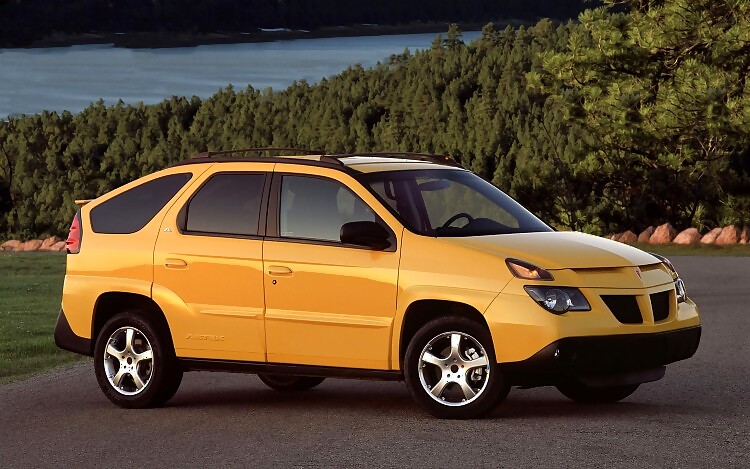
Maybach 57/62 (2005-2013)
Forget what rappers say, the Maybach was bad. Based on an old Mercedes Benz S-Class platform, it was already out of date before it launched. Even though it had seats that reclined flat and a glass roof that tinted at the touch of a button, neither was enough to make the car stand out against the Rolls-Royce Phantom.
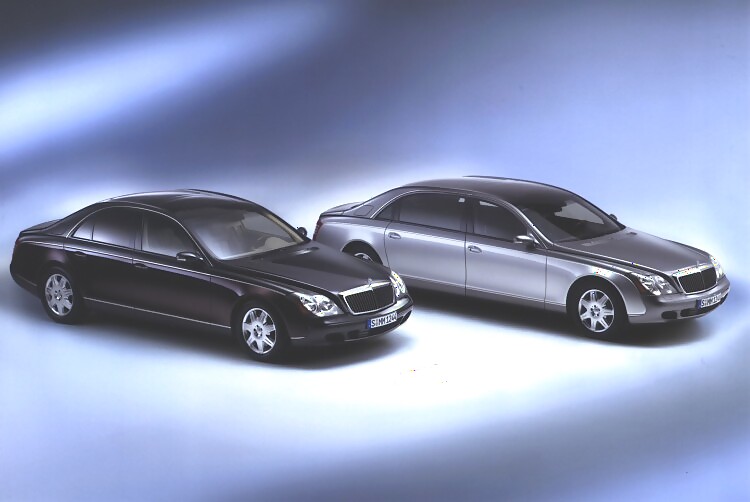




















Comments
0 comment